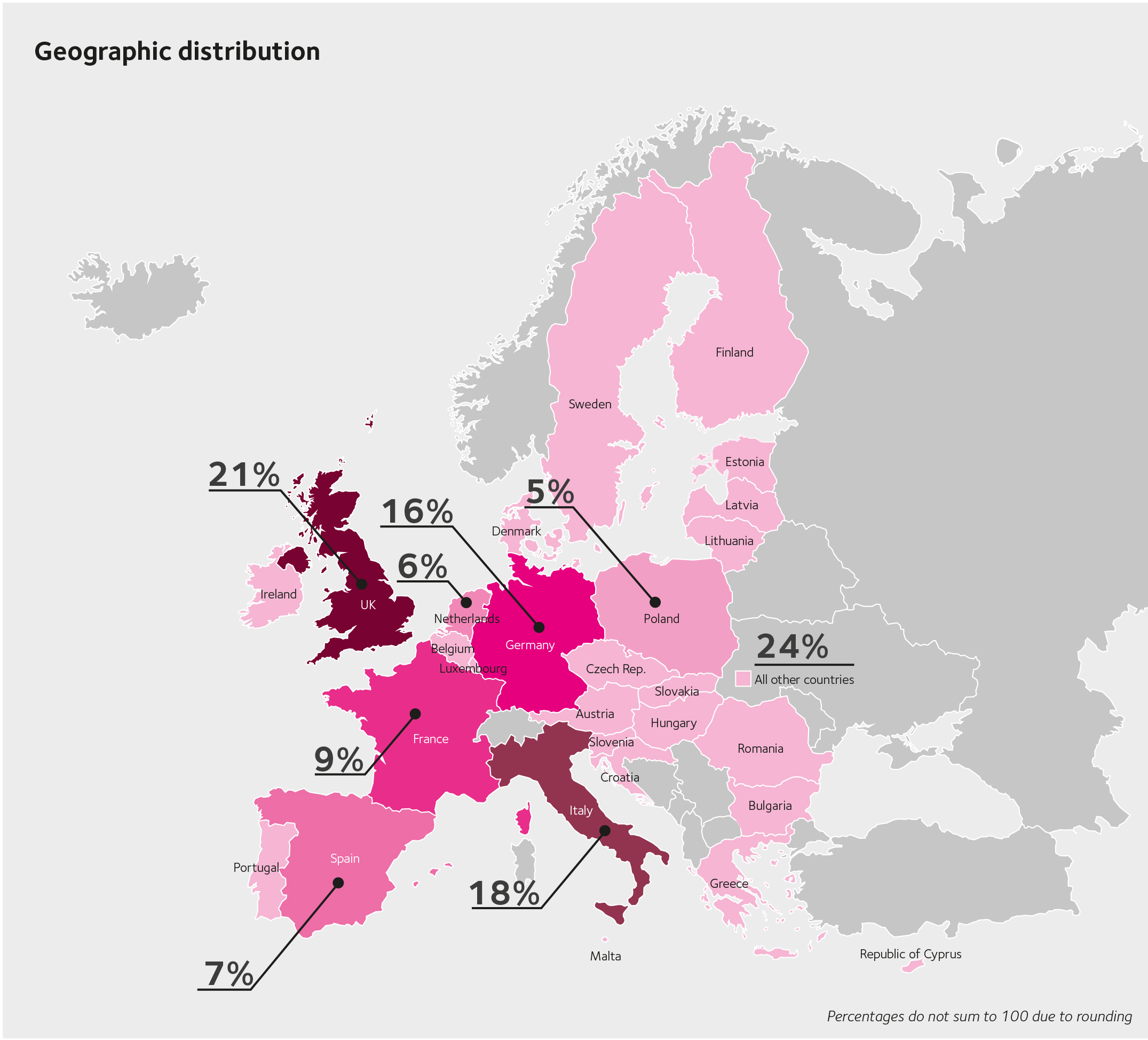As the tension builds across Europe ahead of tomorrow’s opening Euro 2016 matches, the research shows that more people are taking the plunge and launching a business in almost every EU Member State. The largest number of new freelancers are in Western Europe – specifically the UK, France and the Netherlands – which between them saw 1.2 million more people launch a solo business in the seven years to 2015.
However, this growth is not confined to the largest Member States. Freelancing is gaining popularity fastest in some newer Member States, with almost 200 per cent more people freelancing in Latvia in 2015 than 2008, and more than twice as many in Romania and Slovenia.
This is good news for the global economy; previous IPSE research has shown that freelancers contribute £109 billion each year to the UK economy alone.
The trend towards freelancing is in spite of a stagnant labour market. By contrast, the EU workforce as a whole decreased in size from 223 million in 2008 to 218 million in 2015.
A significant number of the new arrivals are women and older workers, reflecting a change of attitude among those who may not historically have been drawn to independent working. A million more women chose to work independently between 2008 and 2015 – compared to 900,000 additional men.
Chris Bryce, IPSE CEO, commented:
“Right across the EU, huge numbers of people are seeing the benefits of being their own boss and they’re finding the confidence to launch new businesses. An increase of almost a quarter in just seven years is making these professionals a force to be reckoned with.“Independent professionals are usually highly educated and in highly-skilled positions, and they’re vital to a booming economy. The biggest countries have the most established services sectors, so they’re naturally seeing the most new independent professionals. But the newer EU entrants are catching up fast. The trend towards working this way looks set to continue well into the future.”

